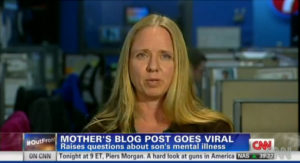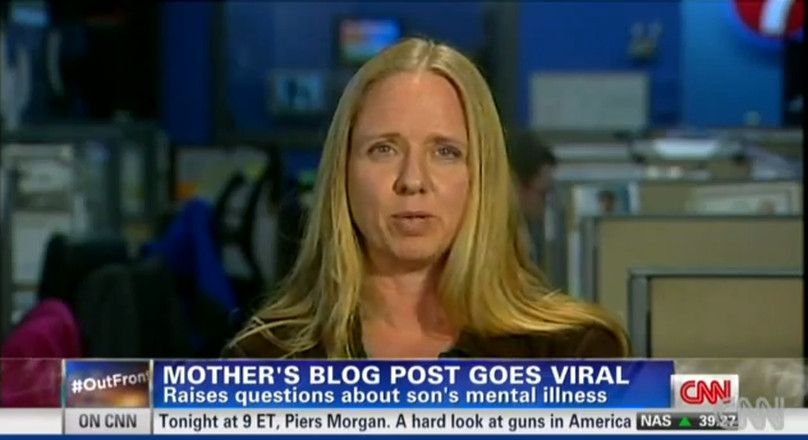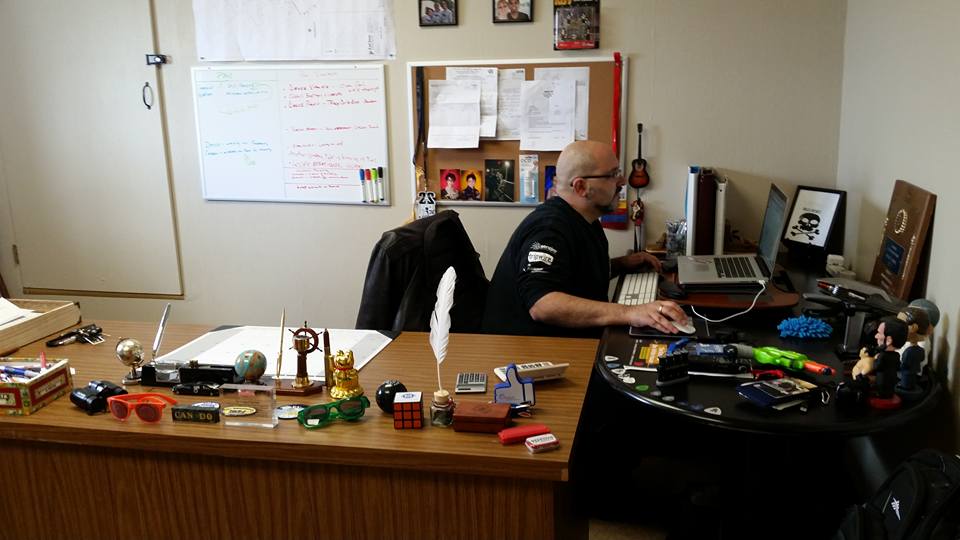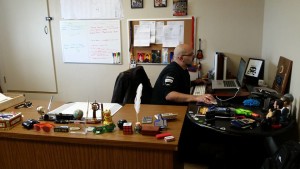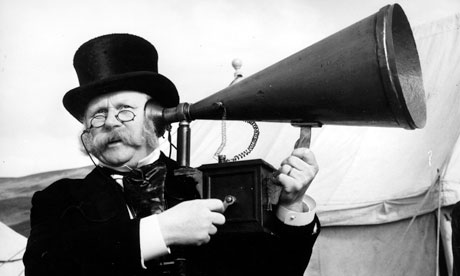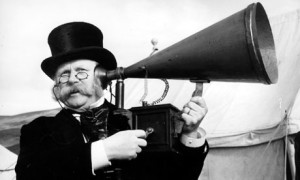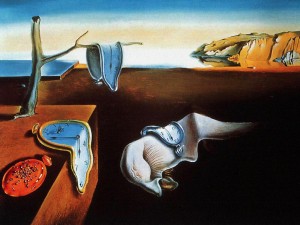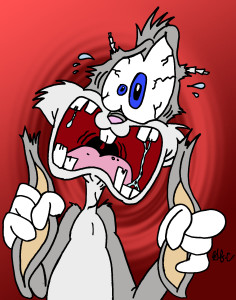After the December 2012 Sandy Hook massacre, when 20 children and several educators were murdered by 20-year-old shooter Adam Lanza, a distressed mom wrote a blog post called “I Am Adam Lanza’s Mother.” The mental distress Lanza reportedly lived with was something Liza Long saw in her own son, Eric Walton.
Sunday morning I heard a report on NPR in which Long and Walton opened up about the turn their lives took after that blog post went viral. And it’s damn inspiring.
Mood music:
Walton, now 16, used to experience rages and suicidal thoughts, including a particularly brutal episode a couple days before the Sandy Hook massacre that left him hospitalized.
He says the start of his rages were like a blackout where he lost all control of his faculties. He had been given a series of misdiagnoses, but after his mom’s post went viral, mental health professionals and others came forward offering help. Eventually, he was diagnosed with bipolar disorder.
“I got the correct diagnosis. I got put on the right medication. And I haven’t had a rage, I think, since that day,” Walton told NPR. “It’s funny, I don’t even keep track anymore.”
Asked how he views his disorder now, Walton told NPR, “I choose to think of it as my superpower. I’m really, really creative. I’m very empathetic. I have a lot of skills that teenagers don’t normally have: conflict resolution, mindfulness — just things I’ve had to pick up over the years because it kind of helped control myself before the right diagnosis.”
That tickled me, because I’ve been describing my own condition as a superpower when all the pieces are managed properly.
The full interview is available on the NPR website.
In the years since I learned how to control my OCD, depression, fear and anxiety, I’ve had my backslides, especially in the past year. I experienced a particularly pervasive bout of the depression in the fall of 2014. But I’ve always been able to find my way back into balance, so I know what Walton speaks of.
Getting sorted out is hard. But with the right support and motivation, it WILL be sorted out.
If you suffer from bipolar disorder or any torment of the mind, I hope stories like these will help you push forward.
